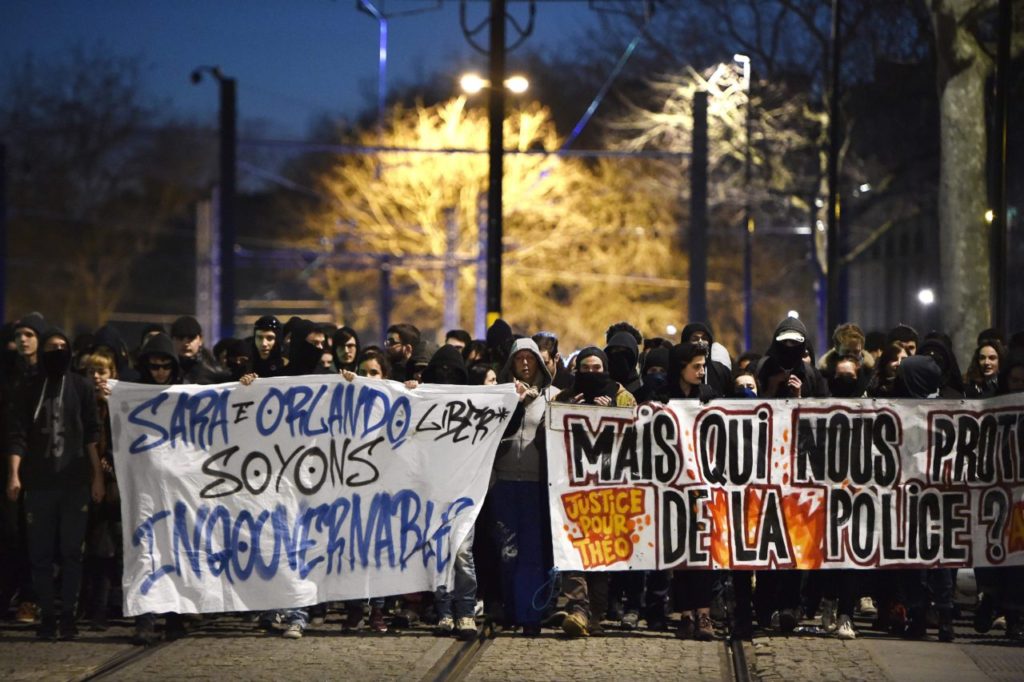French bus and tram drivers in the city of Nantes have gone on strike claiming there is a dramatic rise in attacks on employees along with prevalent drug trafficking at transit stations.
The strike took place on Monday and saw all of the city’s tram lines suspended and only 21 bus lines active at 9 am. Gabriel Magner, a delegate of national trade union French Democratic Confederation of Labour (CFDT), said the reason for the strike was growing violence, L’Express reports.
“Over the summer period, there were more than 10 assaults,” Magner said. “There is an escalation of violence and on the Place du Commerce from where many busses leave. The drug trafficking operates for everyone to see.”
Over the weekend, two attacks occurred on Nantes Transport Authority (TAN) employees. One of the attacks occurred on a bus and the other on a tram. In one of the incidents, the attack was so violent that the TAN driver needed stitches.
Magner advocated for providing security personnel on transit in the city as is the case in parts of Paris. “We must ensure a presence on our buses to reassure our agents and customers,” he said. A study from earlier this year showed that 56 per cent of women in Paris were afraid to use public transport for fear of being robbed or sexually attacked.

Protesters hold banners during a demonstration against police brutality on February 17, 2017 in Nantes, western France, following the alleged rape of a black youth, identified only as Theo, with a police baton; an incident that has sparked 10 nights of rioting and more than 200 arrests. The banner (R) reads in French: “But who protects us from the police?” Photo: JEAN-SEBASTIEN EVRARD/AFP/Getty Images.
Reports earlier this year claimed that women in northern Paris were not allowed to enter certain cafes and face constant harassment to the point that some refused to leave their homes.
Whilst most reports on no-go zones in France are limited to the suburbs around the French capital of Paris, some publications like the French magazine Valeurs Actuelles reported on the emergence of a no-go area in Nantes as early as 2014. The magazine claimed that the area of Halvêque in the city was prone to violence from gangs of young men of migrant backgrounds.
Earlier this year, the city was also the site of riots which were set off by an incident in Paris in which a young black man named Theo was assaulted by police who he said inserted a baton into his rectum.
The most well-known no-go zones in France are the suburbs around Paris where migrants, many of them Muslim, make up large sections of the local population. The no-go areas have become such an issue that mobile phone app designers created an app to allow people to avoid “problem areas”.
Breitbart London Editor in Chief Raheem Kassam has written a new book entitled, No Go Zones: How Sharia Law Is Coming to a Neighborhood Near You, which gives in depth analysis on no-go areas in France and across the west. The book is available now.

COMMENTS
Please let us know if you're having issues with commenting.